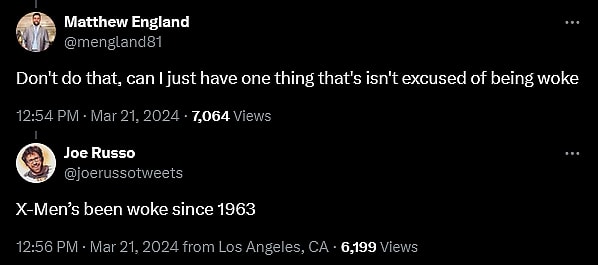Hollywood Director Argues ‘X-Men ’97’ Chose To Adapt ‘The Trial Of Magneto’ In Order To Take A Swing At “The MAGA Crowd”

Even in those rare moments when a piece of media refrains from bi-partisan preaching, it seems Hollywood must go out of their way to force such a narrative upon it, this time as horror director Joe Russo has attempted to claim that the adaptation of the classic ‘The Trial of Magneto!’ comic book storyline in X-Men ’97 was done not as an homage to the series’ source material, but as a direct commentary on “the MAGA crowd” and “the January 6th insurrectionists”.
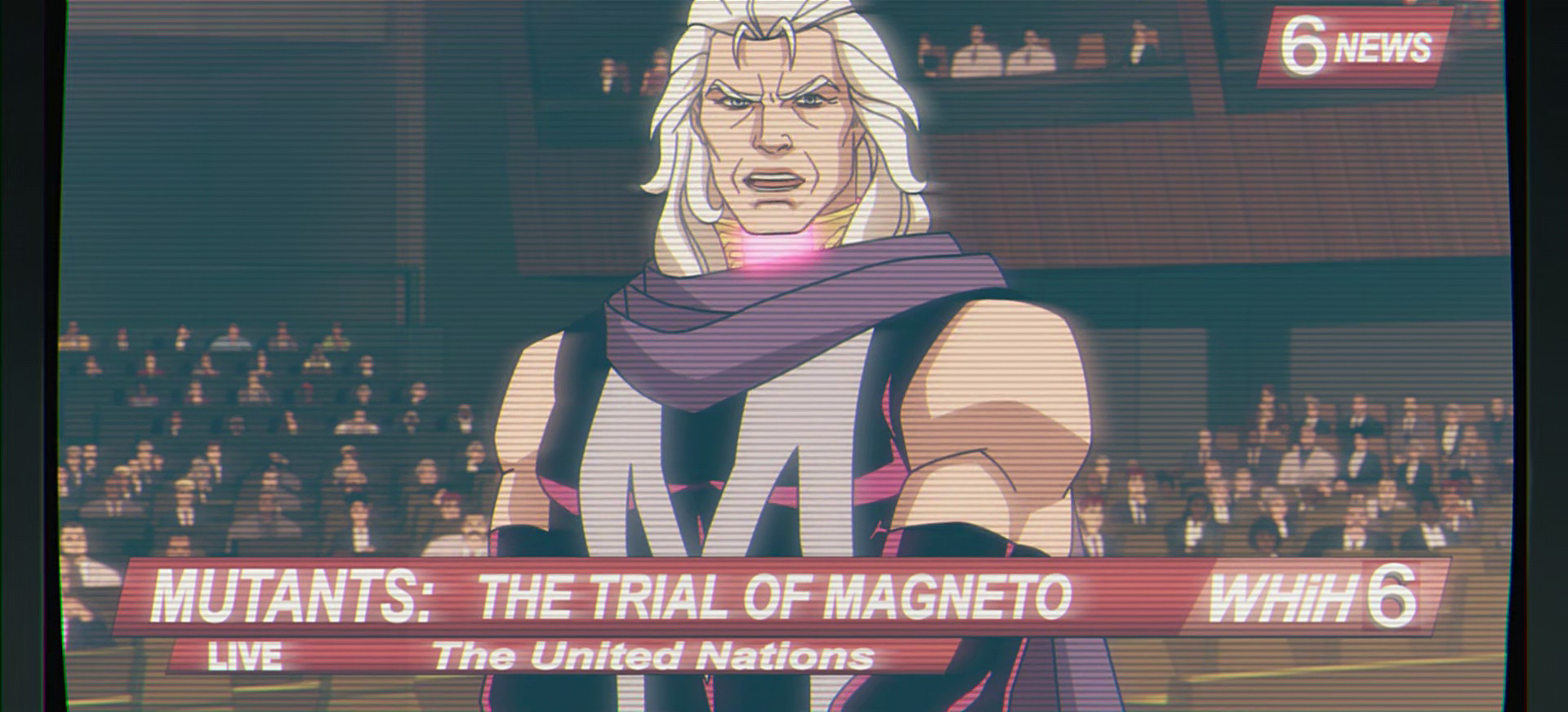
Written by franchise icon Chris Claremont and appearing in 1985’s Uncanny X-Men Vol. 1 #200, the original The Trial of Magneto! story saw the eponymous Master of Magnetism attempting to to convince the International Court of Justice that, after years of terrorist activities and wanton bloodshed, his then-recent turn to the side of the angels was, in fact, genuine.
And while the years since have seen Magneto bounce between moral alignments more than perhaps any comic book character in history, this particular instance stands out as particularly memorable in the annals of comic book history thanks to the frank speech regarding mutant-human co-existence he gives to the court in defense of his crimes.
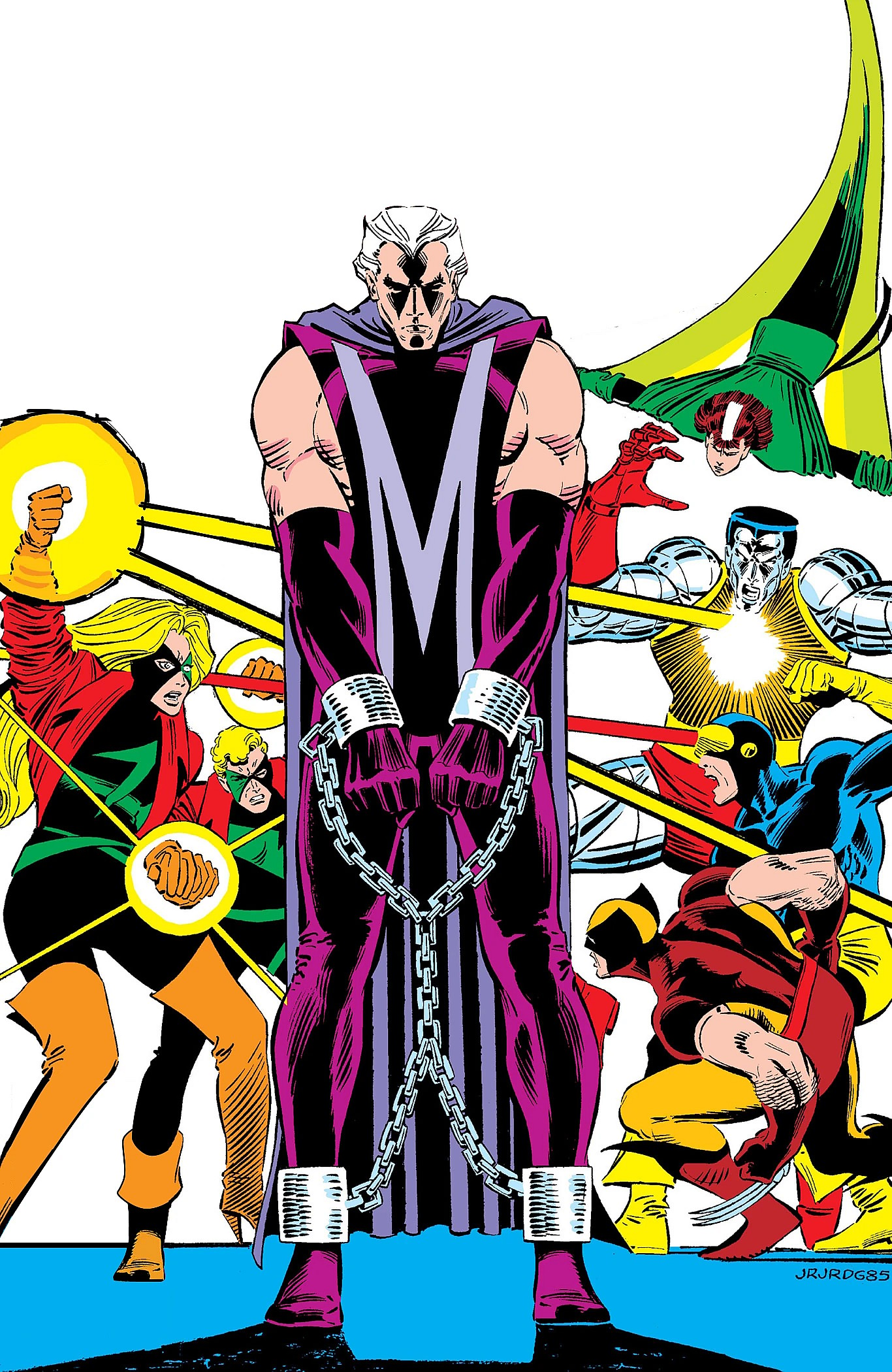
Met by outcry from Russia over his attempt, as seen in Uncanny X-Men Vol. 1 #150, to threaten the world’s nuclear powers into forcibly dismantling their atomic programs on the grounds that he “held the world hostage”, a furious Magneto fires back, “By what right do those self-same great powers hold me hostage, with their nuclear arsenals?!”
“I am a citizen of neither the United States nor the Soviet Union, yet they possess the capability to slay me and mine,” he continues. “I live, I prosper, solely because two men [the American and USSR presidents] on opposite sides of the globe choose to keep the peace. I can just as easily, as arbitrarily, be condemned. Unlike others, however, I have the power to do something about it. I thought, mistakenly, those nations would best understand their own langauge of violence. Unfortunately, force begat force — and as always, innocents paid the price. A price — I discovered too late — that was too high.”
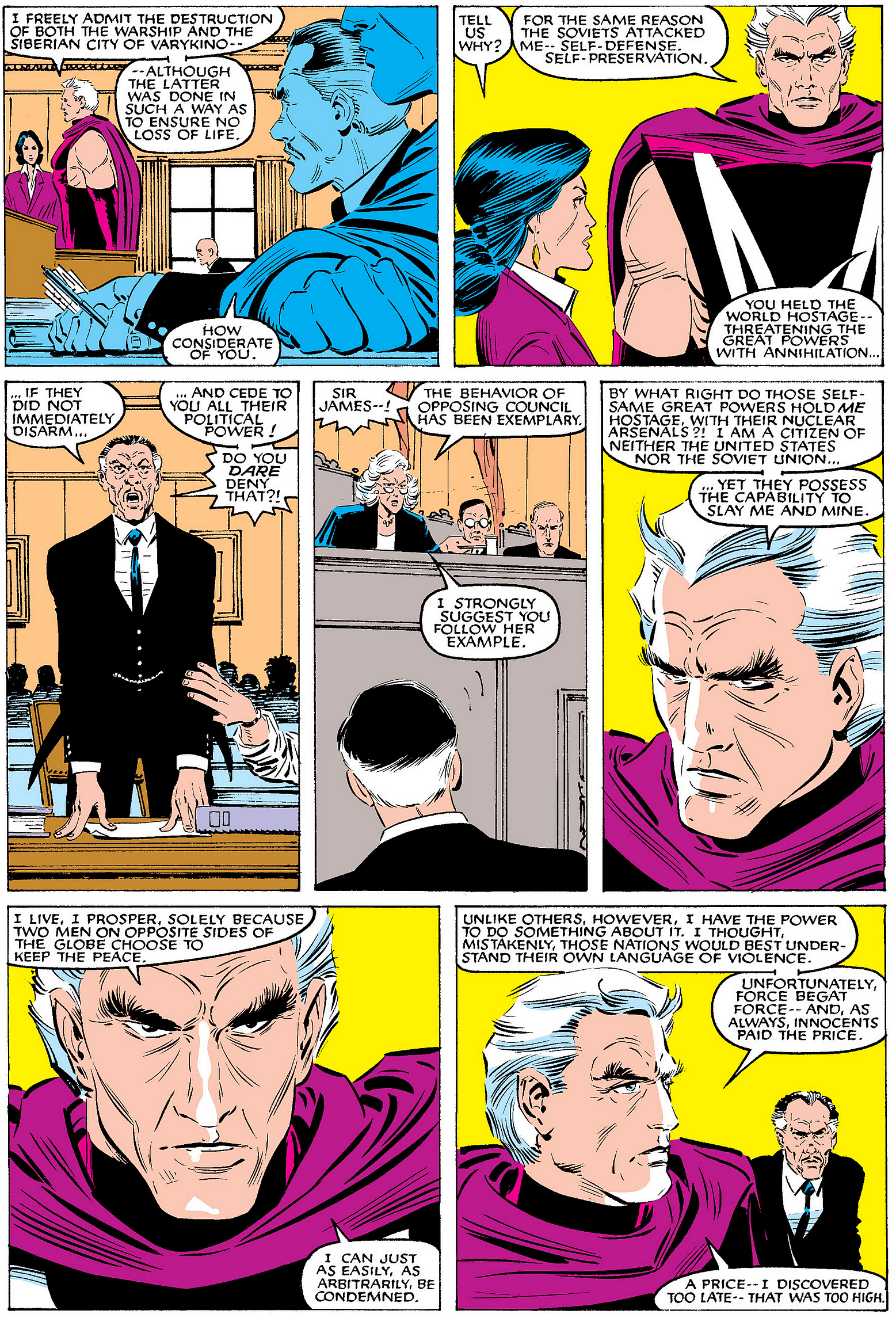
Pressed as to whether he still seeks “the domination of the world”, the mutant leader further explains, “My goal has not changed, but my methods have.”
“My dream, from the start, has been the protection and preservation of my own kind, mutants,” he tells the court. “To spare them the fate my family suffered in Auschwitz — and do not tell me such a thing cannot happen again, because that is a lie! You humans slaughter each other because of the color of your skin, or your faith or your politics—or for no reason at all—too many of you hate as easily as you draw breath, what’s to prevent you adding us to that list?! I thought I could impose sanity from above—through conquest—but there are too many of you. So I decided, I must try another way. I am the reason mutants are unjustly feared. That is why I am here, why I will abide by the court’s decision. My hope is to make the world understand the reasons for my being. But most of all, to punish ME for my crimes — and no longer, my people.”
Drawing his points to a close, Magneto declares that while he ultimately accepts that some people will just never accept mutants, he conversely informs them that, regardless, they will still exist, and thus they must learn not to like each other, but co-habitate.
“Whatever my fate, you must still face the reality presented by our –mutants–existence,” he asserts. “You cannot wish us away. You cannot ignore us. We — Homo Sapiens Superior — are your children. We are the next generation of humanity. What kind of parent fear his progeny? Tries to murder them? Is this the legacy you wish to leave? I have seen the error of my ways—can you say the same?!”
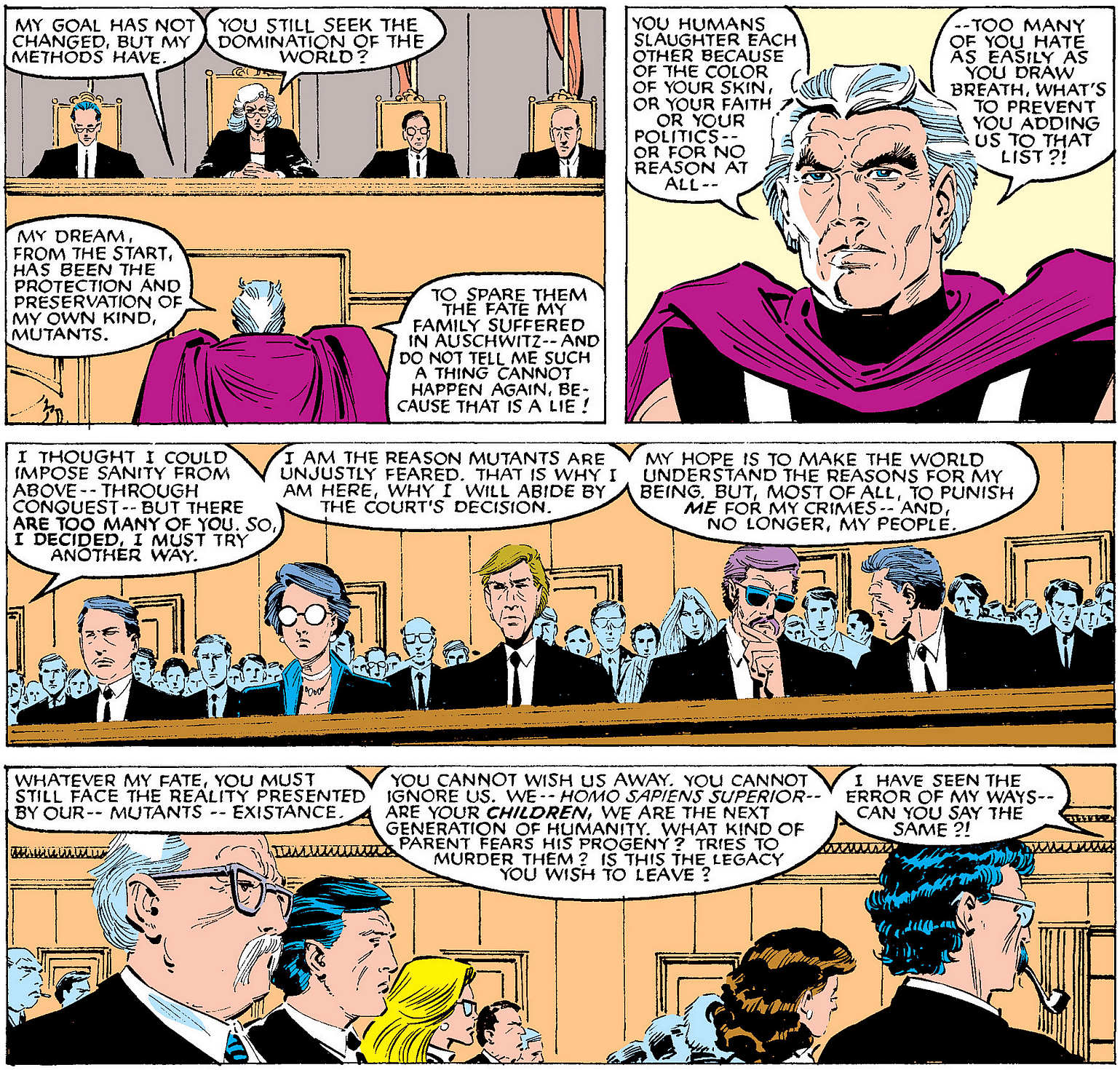
And it is this message of ‘Whether we like it or not, we must learn to share the planet’ that X-Men ’97 chose to focus on when they adapted the scene for its second episode, Mutant Liberation Begins.
Likewise put on trial for his crimes in order to prove his newly declared dedication to helping, not hindering Charles Xavier’s dream of co-existence, the animated version of Magneto responds to his charges with a similar, albeit truncated, version of his comic book speech.
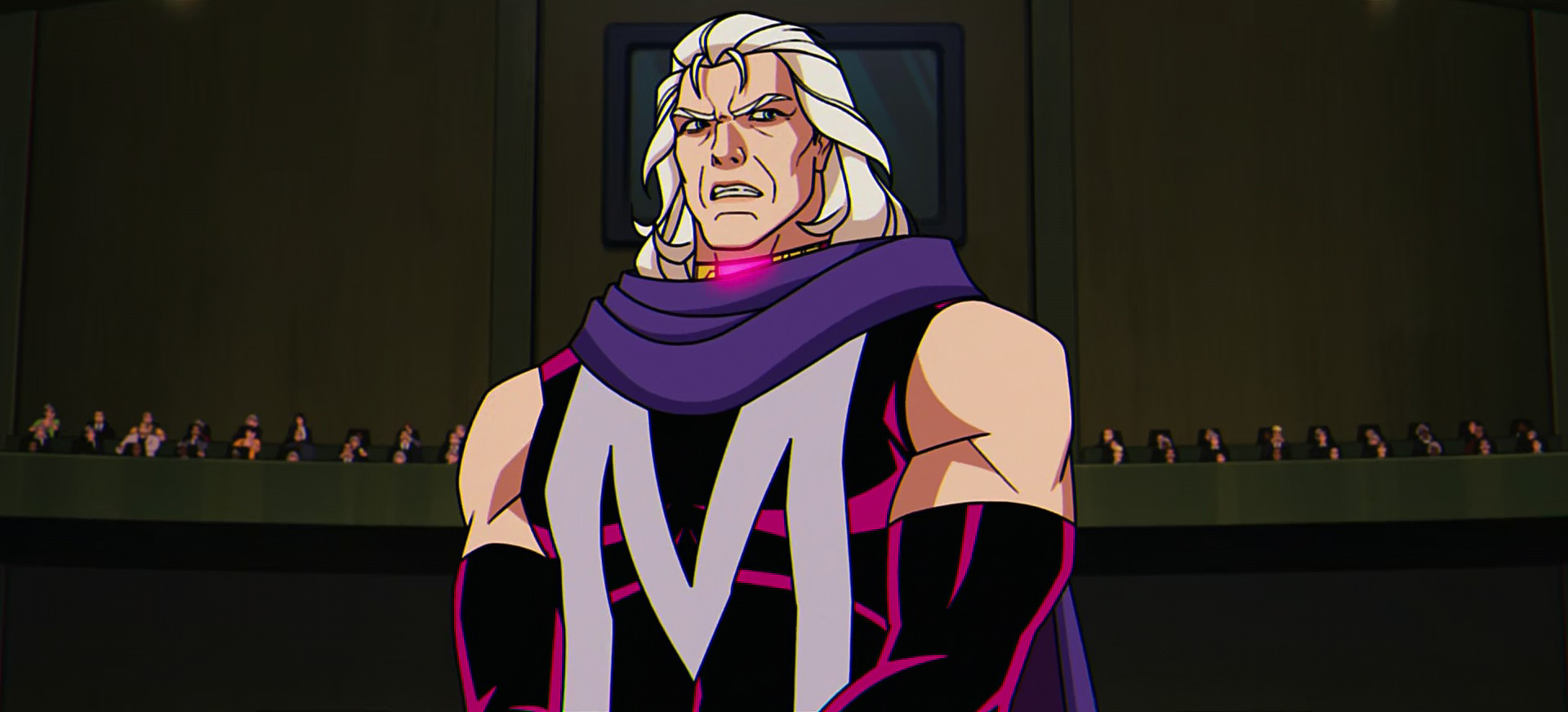
“As a boy, my people’s homes were burned to ash because we dared to call God by another name,” he tells his judges, this time the United Nations rather than the International Court of Justice, in his defense. “Then, my people hunted me with those who had once hunted them. I was a freak, born a mutant. An abomination to their misnamed gods. In history’s sad song, there is a refrain. Believe differently, love differently, be of different sеx or skin, and be punished. We sing this song to one another. The oppressed become oppressors. Xavier knew this and dreamed we could change, find harmony. A future where human and mutant could relinquish the past and finally…”
“You claim justice is overdue,” he adds. “Indeed, but so is healing. Your words, while kind, do nothing to heal those hurt by your crimes. And your sound-bite indignation will not heal mutant wounds. You build robots to hunt us, collars to chain our power. Humanity must protect itself. Protection? That is extermination. I have only ever acted to avenge crimes against my people, as you act to avenge those against yours today.”

It is at this point, midway through his speech, that Magneto is interrupted by the Friends of Humanity, a pro-human activist group whose protest against a mutant receiving due process manages to break into the UN’s central chamber.
Amidst the chaos, one of the group’s more radical members, the X-Cutioner manages to tag Storm with an X-Gene-suppressing-antidote. This in turn enrages Magneto, who responds by lifting both the villain and the UN’s panel of judges into space before addressing them with the final point of his speech.
“There was a time I would smite you all for what was done to Storm,” he growls at his guests. “But today, I have saved you from your own, for an old friend has challenged me to remember this view of Earth. How vast it is versus how small we make it.”
“Charles Xavier entrusted me with his dream, and it does not ask you to love or embrace my kind as your own, but merely to accept that this is a shared world with a common future, and that my kind, like yours, have the right to live in it,” he concludes. “I am trying to be better. Do not make me let you down.”
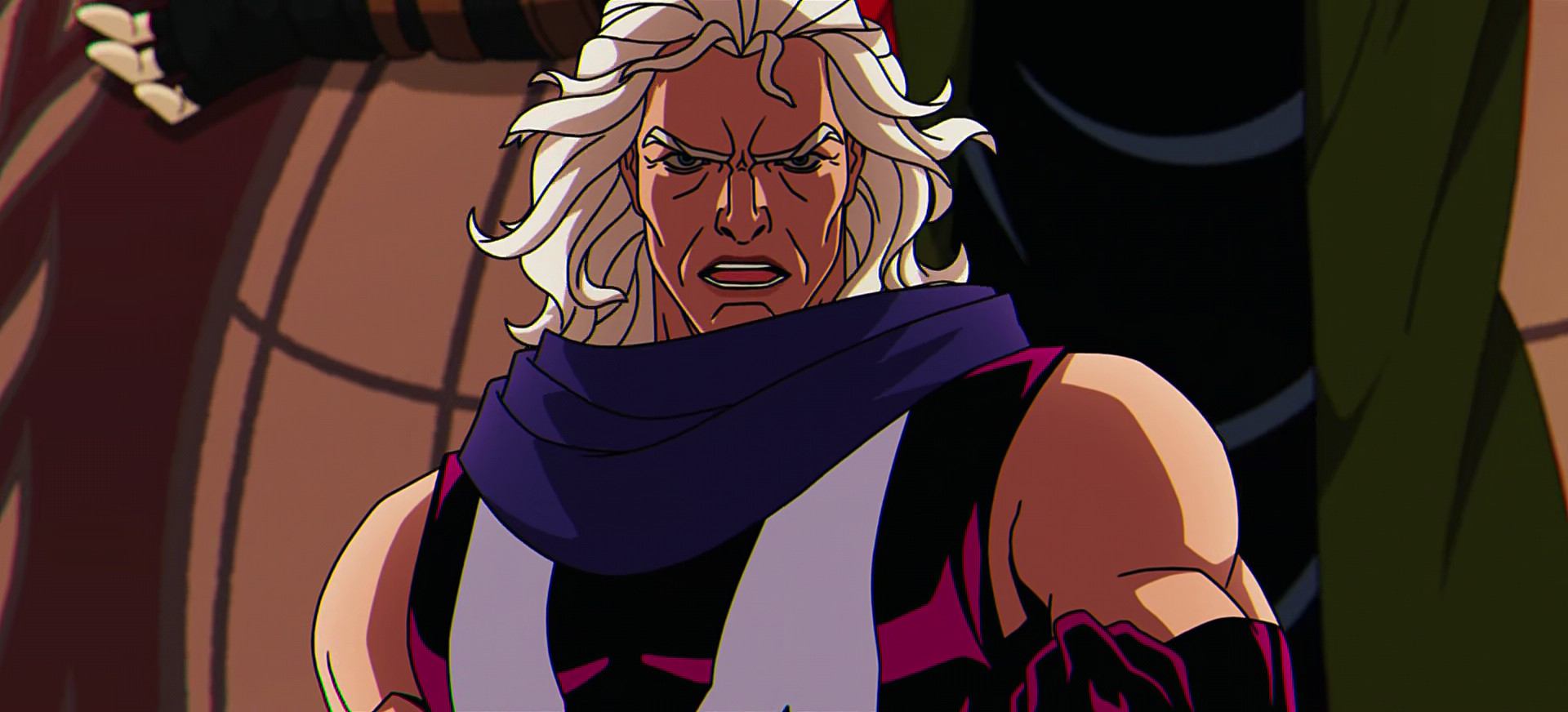
And in the opinion of the aforementioned Russo, this scene was specifically chosen for adaptation in X-Men ’97 in order to take a swing at ‘MAGA’ voters.
Taking to his personal Twitter account on March 21st, the Beyond the Dark and The Au Pair Nightmare director – not to be confused with Avengers: Infinity War and Endgame co-director Joseph Russo – asserted, “Do you think the MAGA crowd has figured out that Episode 2 of X-MEN ‘97 is about them and the January 6th insurrectionists yet, or nah?”
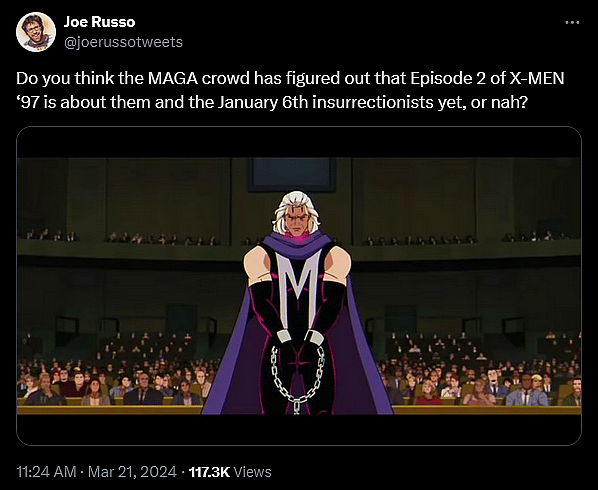
Met with pushback from fans, many of whom suggested that he may be reaching too hard to apply a current day lens to a story taken directly from 1985, Russo further argued, “Some deeply stupid people in the comments. My favorites are, ‘But, but, but it’s based on this old issue of Uncanny X-Men‘.”
“My guy, there’s 60+ years of stories they could’ve chosen to launch this new series with,” he added. “Why this one right now?”
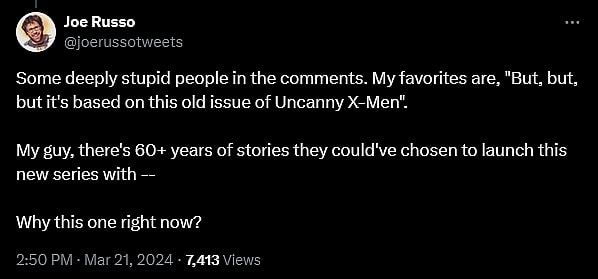
Met with pushback from a supporter who begged Russo, “Don’t do that, can I just have one thing that’s isn’t excused of being woke” [the user later clarified that he meant this statement in the sense that he wanted “to enjoy it without a bunch of people crapping on it and review bombing it because they are only now realizing it is woke”], the director ultimately declared, “X-Men’s been woke since 1963”.
